Growing Wood Anemone Plants: Wood Anemone Uses In The Garden
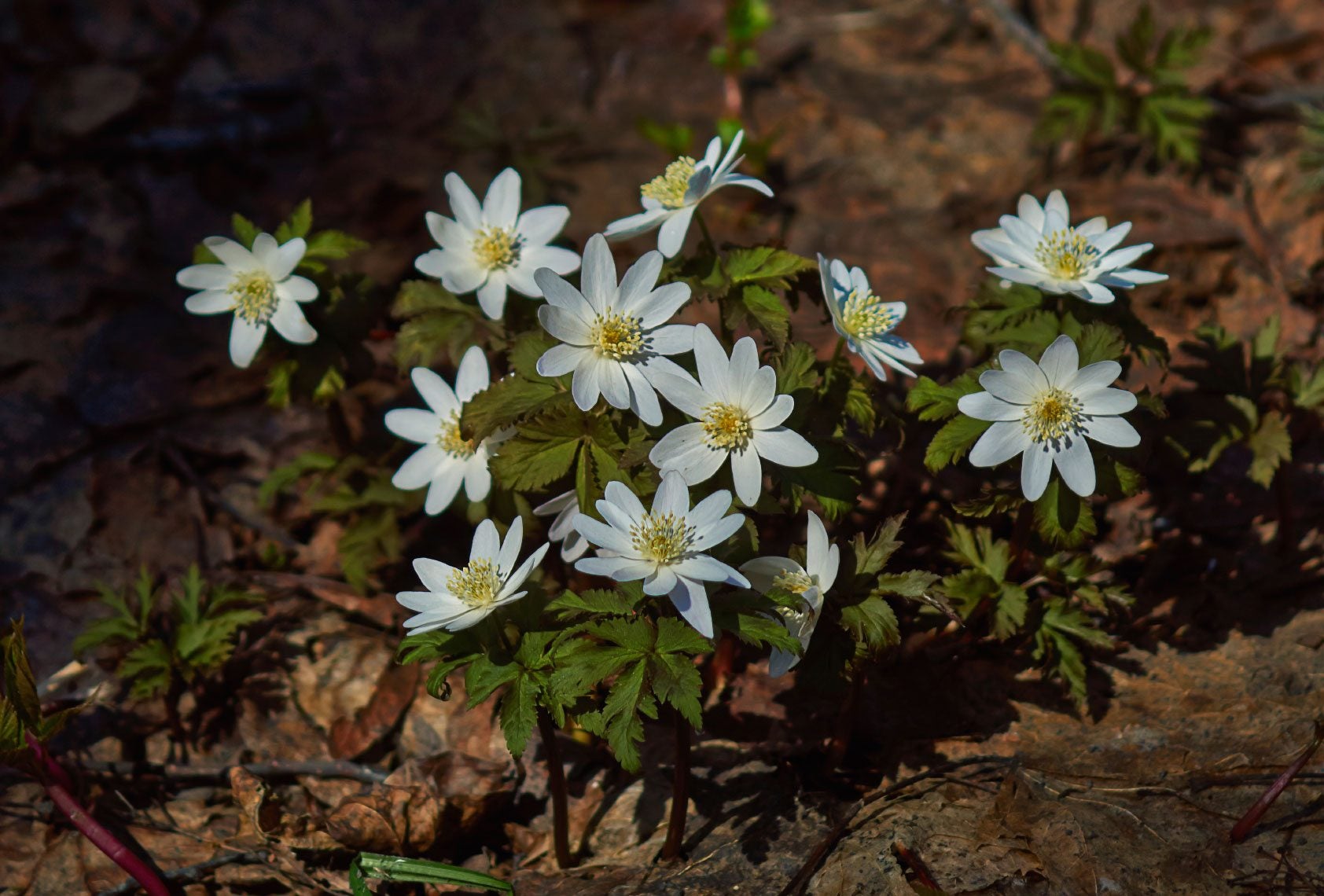

By Mary Dyer, Master Naturalist and Master Gardener Also known as windflower, wood anemone plants (Anemone quinquefolia) are low-growing wildflowers that produce dainty, waxy blooms rising above attractive, bright green foliage in spring and summer. Flowers may be white, greenish yellow, red, or purple, depending on the variety. Read on for tips on growing wood anemone plants.
Wood Anemone Cultivation
Wood anemone uses in the garden are similar to other woodland plants. Grow wood anemone in a shady woodland garden or where it can border a perennial flower bed, much as you would with other anemone windflowers. Allow plenty of space because the plant spreads quickly by underground stolons, eventually forming large clumps. Wood anemone isn't well-suited for container growing and doesn't perform well in hot, dry climates. Although wood anemone grows wild in many areas, wild plants are difficult to transplant into the garden. The easiest way to grow wood anemone is to purchase a starter plant from a garden center or greenhouse. You can also plant seeds in a small peat pot filled with moist potting soil in late winter or early spring. Place the pot in a plastic bag and chill it in the refrigerator for two to three weeks. Plant the container in a shady, moist area after all danger of frost has passed. This member of the buttercup family is a woodland plant that performs best in full or partial shade, such as the dappled light beneath a deciduous tree. Wood anemone requires rich, loose soil and benefits from the addition of 2 to 3 inches (5-8 cm.) of compost, leaf mulch, or bark chips to the soil before planting. When growing wood anemone, plant carefully and wear garden gloves to prevent skin irritation when working with wood anemone. Also, wood anemone is toxic when eaten in large quantities, and may cause severe mouth pain.
Wood Anemone Care
Once established, wood anemone is a low-maintenance plant. Water regularly; the plant prefers soil that is lightly moist but never soggy or waterlogged. Keep the roots cool by spreading a 2 to 3 inch (5-8 cm.) layer of bark chips or other organic mulch around the plant in early summer. Replenish the mulch after the first freeze in autumn to protect the plant during the winter. Wood anemone requires no fertilizer when it is planted in rich, organic soil.
Gardening tips, videos, info and more delivered right to your inbox!
Sign up for the Gardening Know How newsletter today and receive a free copy of our e-book "How to Grow Delicious Tomatoes".

A Credentialed Garden Writer, Mary H. Dyer was with Gardening Know How in the very beginning, publishing articles as early as 2007.
-
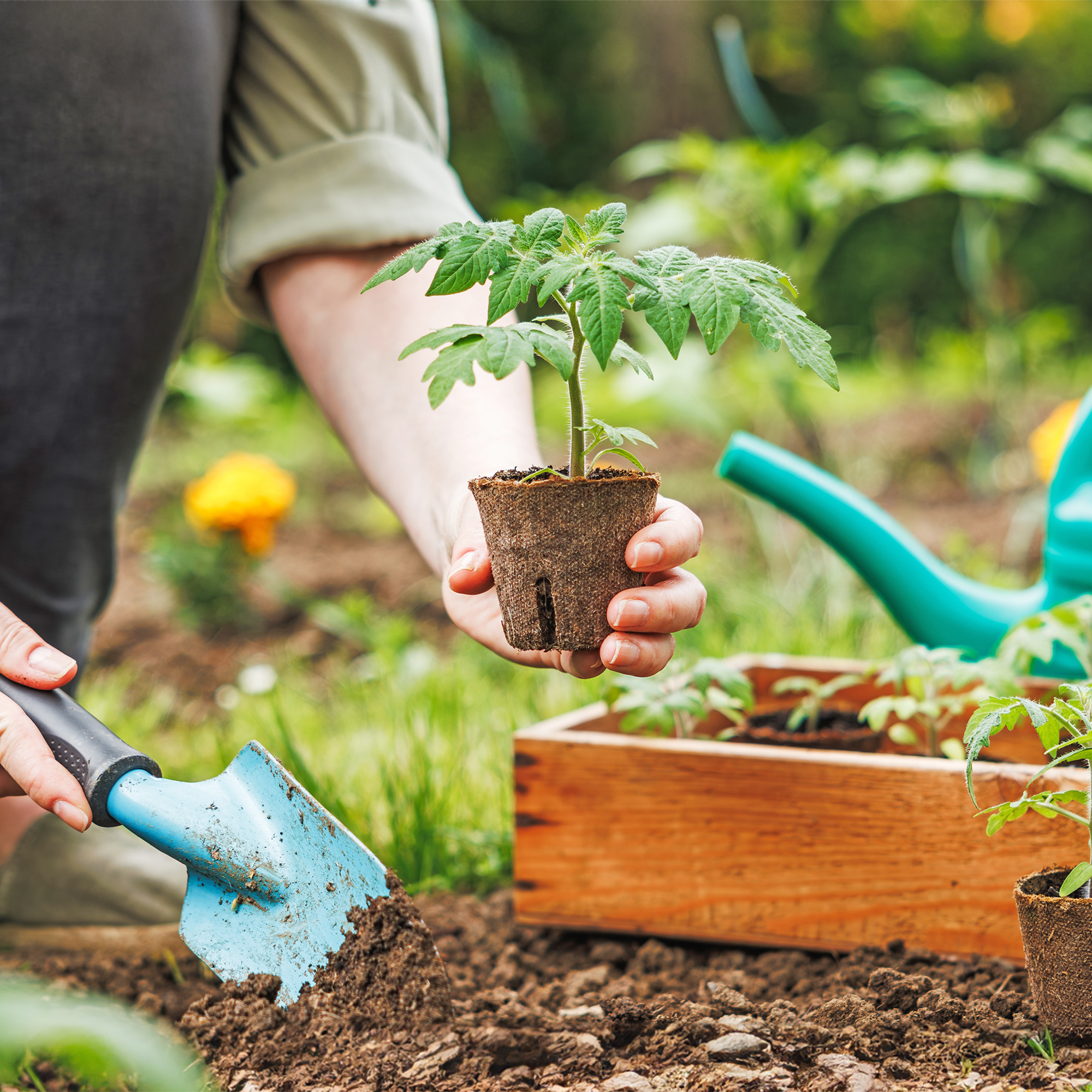 Never Plant Seedlings Until They Pass These 3 Simple Tests
Never Plant Seedlings Until They Pass These 3 Simple TestsDon't be over-eager to transplant seedlings into the garden before they are ready. These quick and easy checks will help ensure flourishing plants.
By Mary Ellen Ellis
-
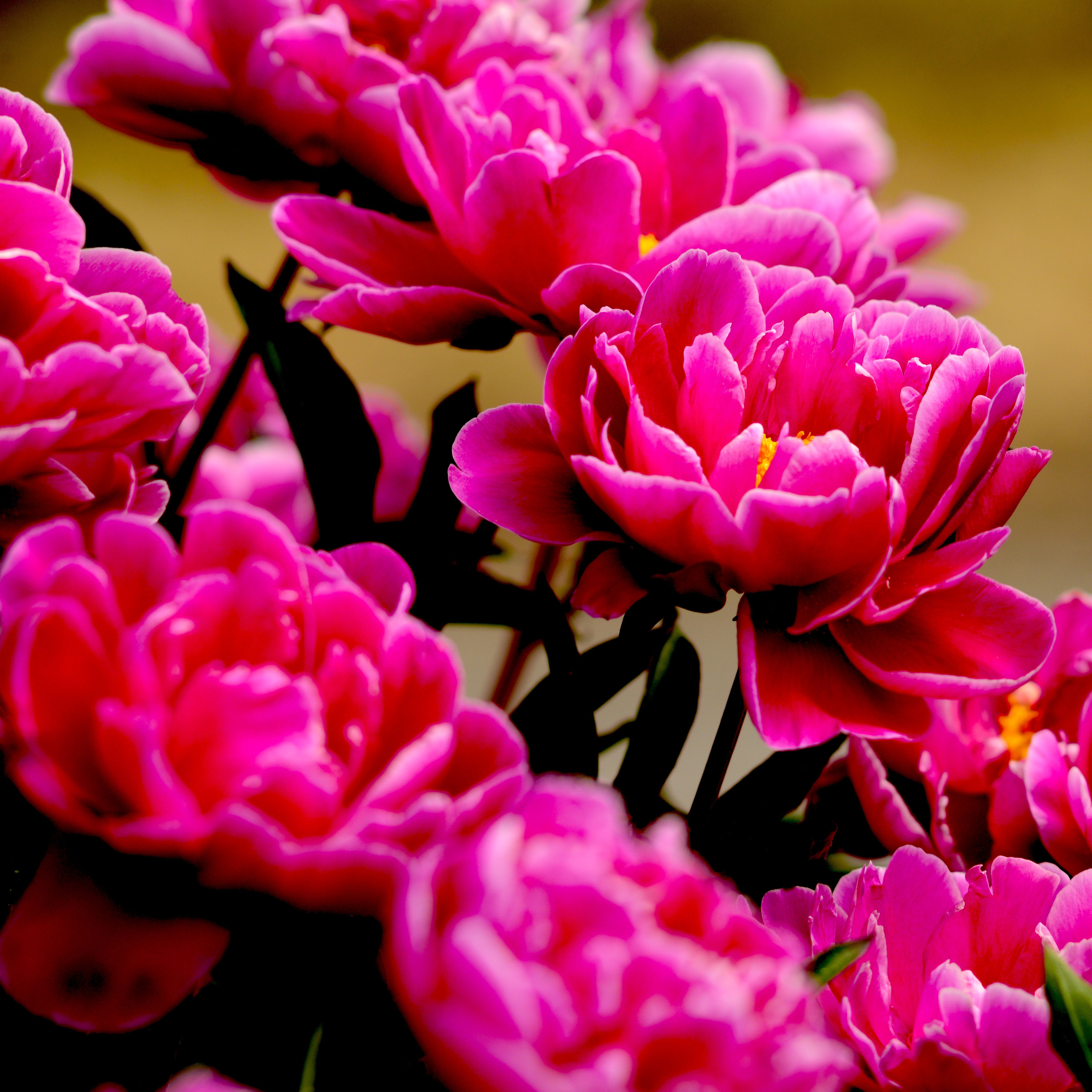 Grow ‘Karl Rosenfield’ Peony Plants For The Ultimate Frilly Border Beauties And Cut Flowers
Grow ‘Karl Rosenfield’ Peony Plants For The Ultimate Frilly Border Beauties And Cut FlowersFor frilly double magenta peony petals infused with a heady fragrance, grow ‘Karl Rosenfield’ peony plants. Here’s how to cultivate the ultimate plushy blooms
By Tonya Barnett
-
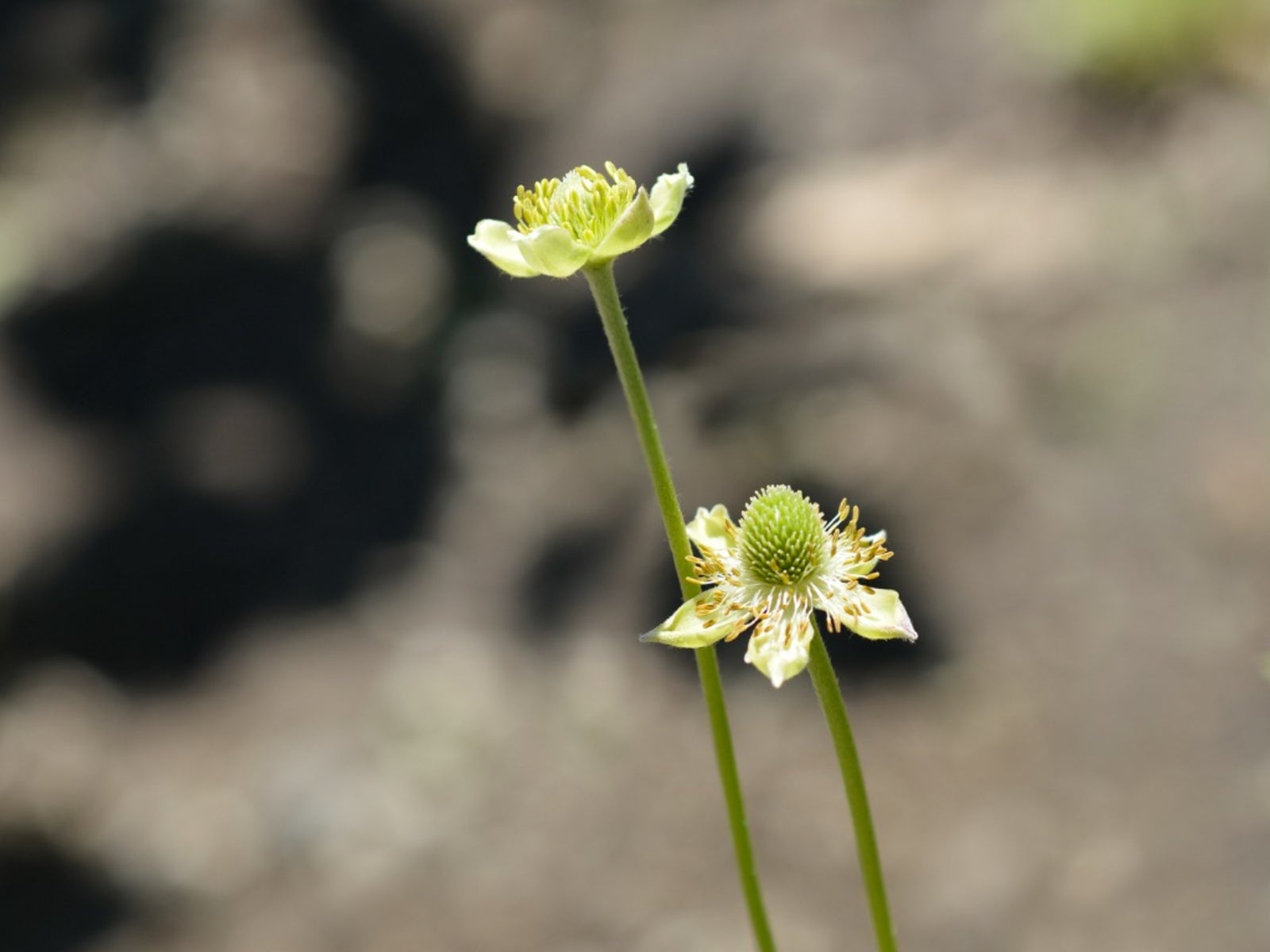 Thimbleweed Information: Growing Anemone Thimbleweed Plants
Thimbleweed Information: Growing Anemone Thimbleweed PlantsTall erect stems and deeply cut leaves topped with creamy white flowers describe tall thimbleweed. The fun thing about this plant is its long bloom season, from spring to early fall. Click here for some tips on how to grow thimbleweed and enjoy them in your garden.
By Bonnie L. Grant
-
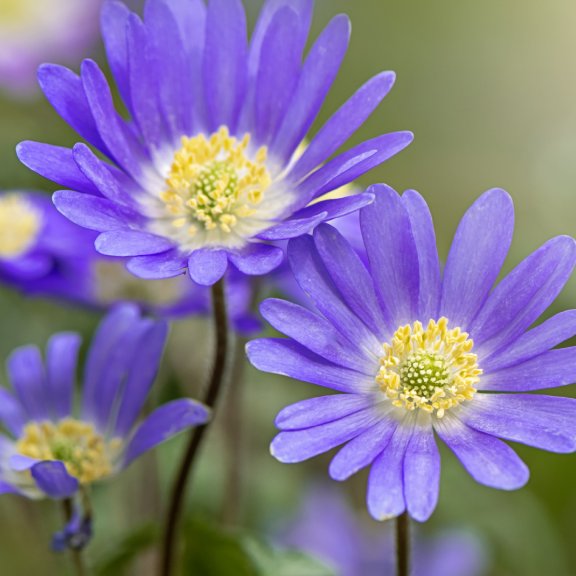 What Are Grecian Windflowers – How To Grow Anemone Windflowers
What Are Grecian Windflowers – How To Grow Anemone WindflowersBy growing Grecian windflowers, you can add a pretty new perennial to your garden. This spring bulb comes in range of colors, providing low clumps of blooms that easily fit into a variety of garden types and climates. Learn more in this article.
By Mary Ellen Ellis
-
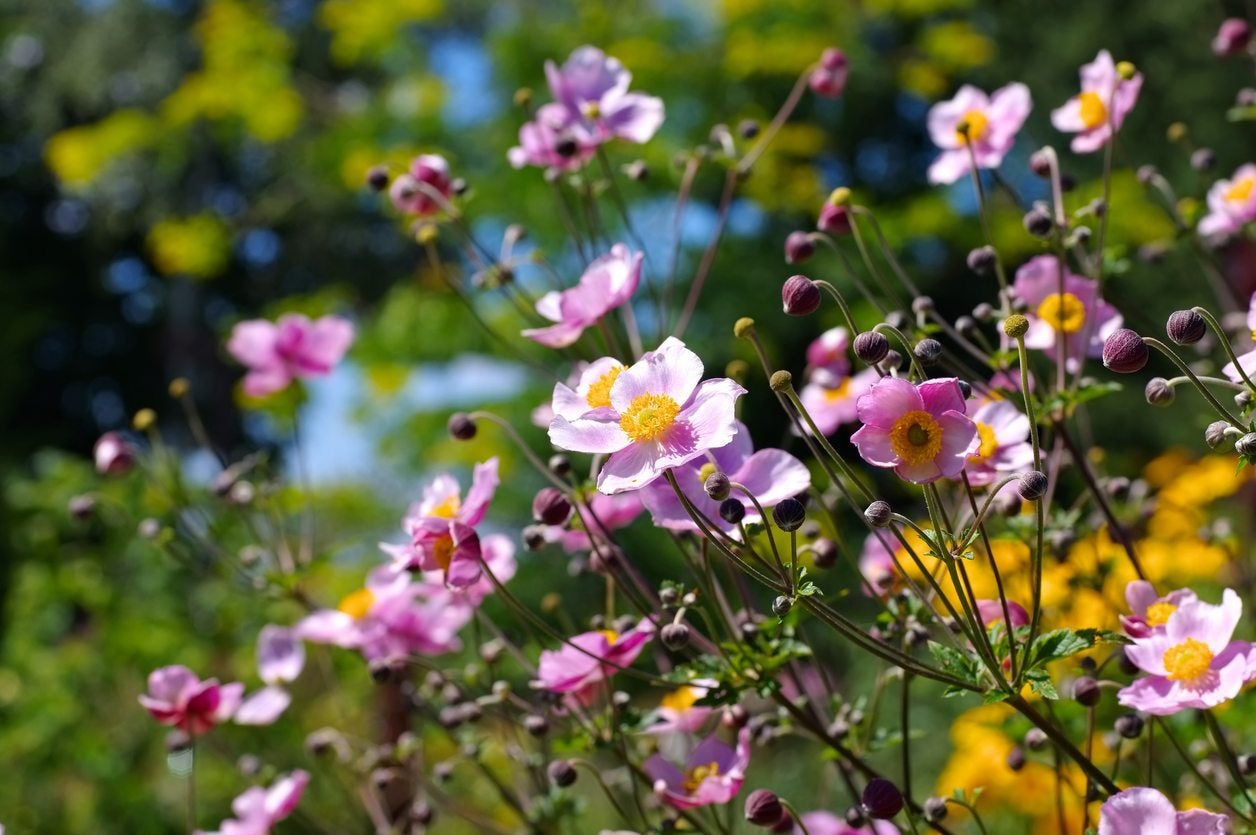 Japanese Anemone Care: Tips For Growing A Japanese Anemone Plant
Japanese Anemone Care: Tips For Growing A Japanese Anemone PlantJapanese anemone is a tall, stately perennial that produces glossy foliage and big, saucer-shaped flowers. They are a cinch to grow and adaptable to most growing conditions. Click the article that follows to learn more about growing a Japanese anemone in your garden.
By Mary H. Dyer
-
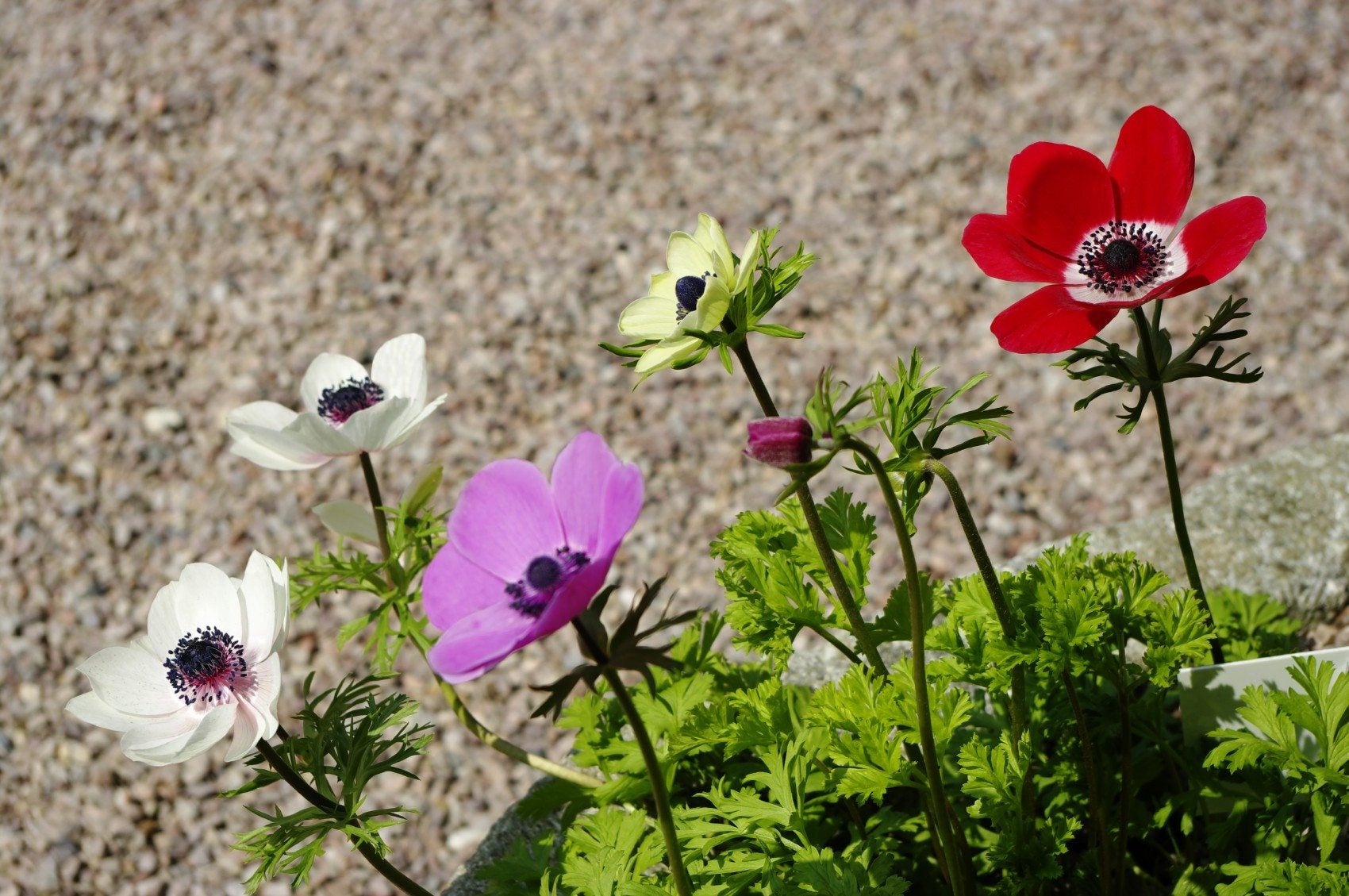 Anemone Varieties: Different Types Of Anemone Plants
Anemone Varieties: Different Types Of Anemone PlantsA member of the buttercup family, anemone, often known as windflower, is a diverse group of plants available in a range of sizes, forms, and colors. Click this article to learn more about tuberous and non-tuberous types of anemone plants.
By Mary H. Dyer
-
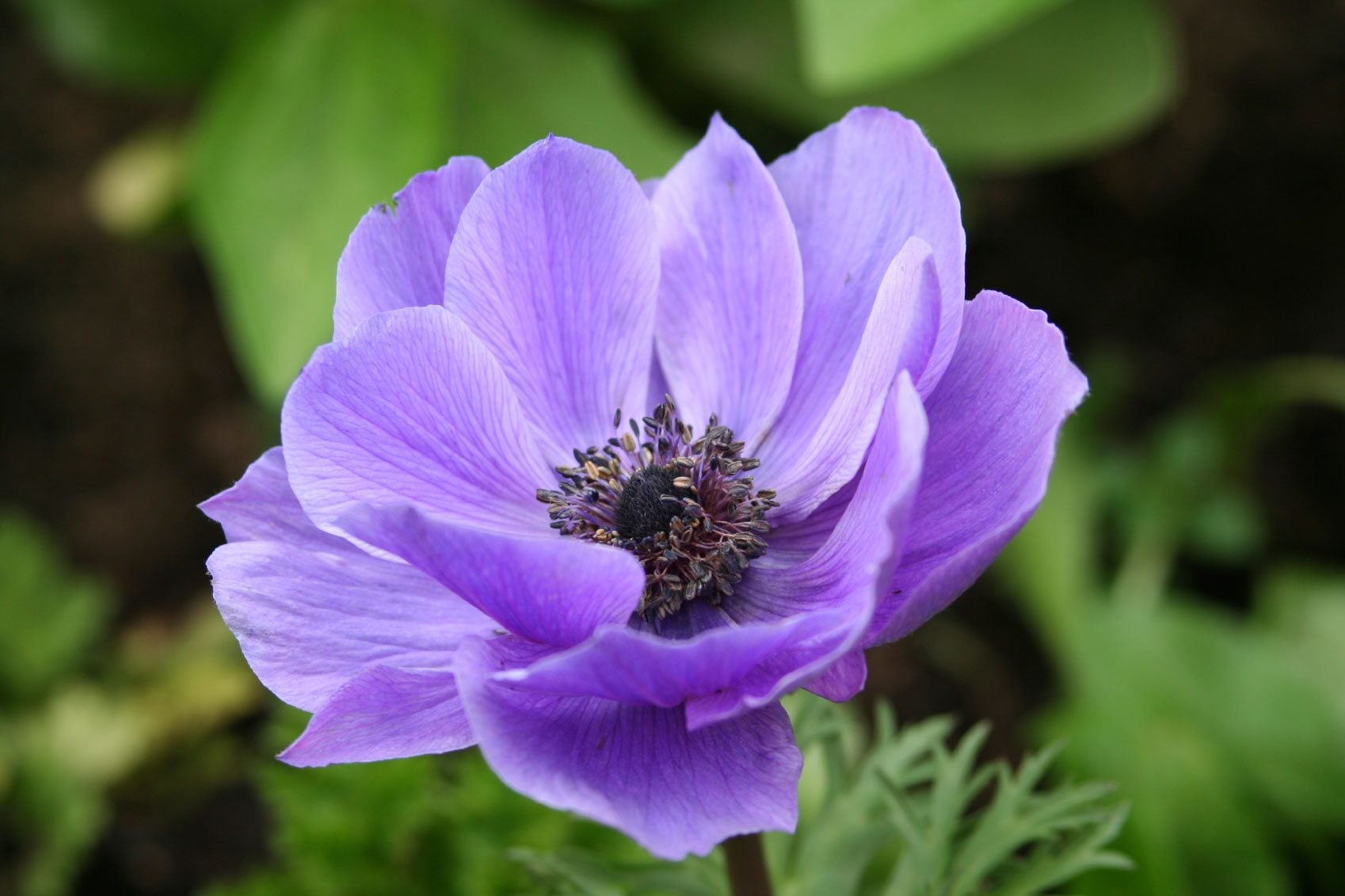 Information On Care Of Anemone Plants
Information On Care Of Anemone PlantsAnemone plants have low-clumping foliage and colorful blooms. Oftentimes referred to as windflowers, these carefree plants are commonly found dotting the landscapes of many home gardens. Click here for more.
By Nikki Tilley